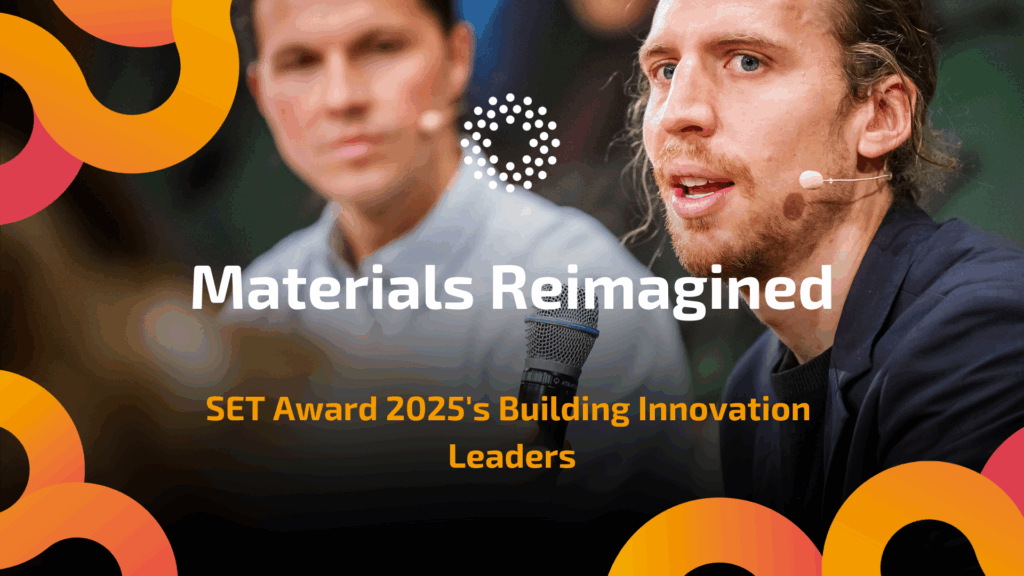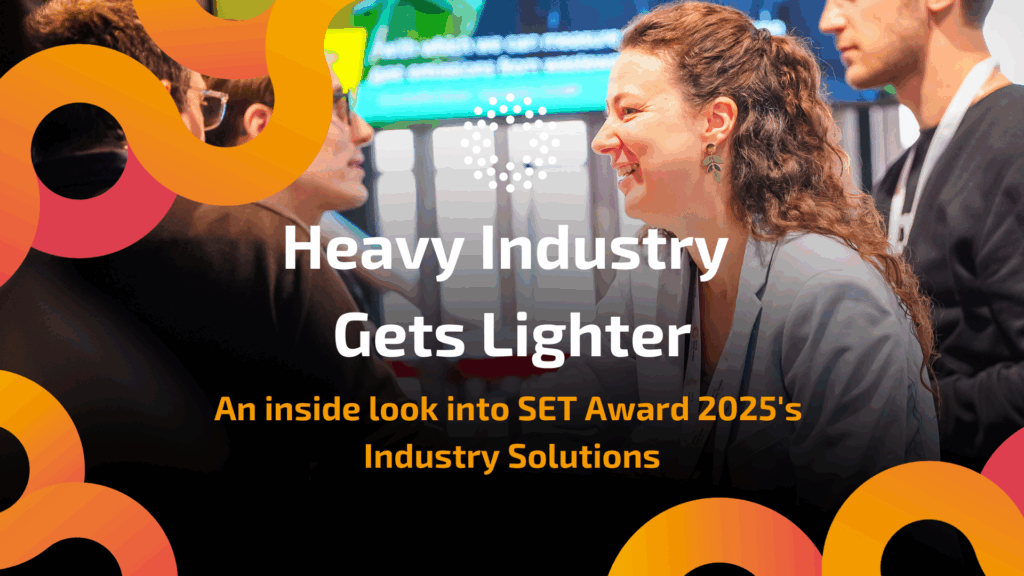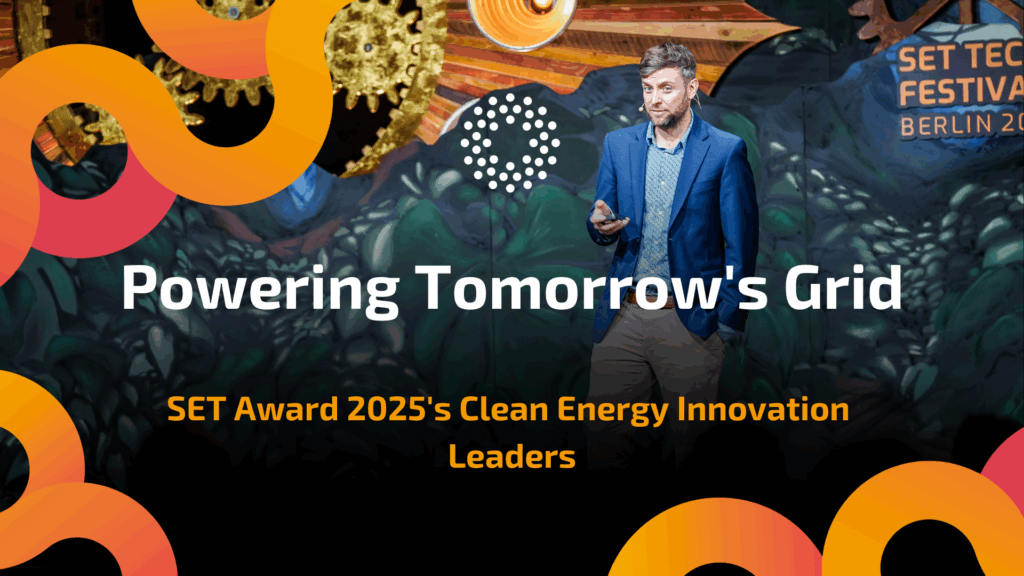Start ups think internationally. One great best practice for this is ecoligo. Started in Berlin, currently relocating to Frankfurt and Accra/Ghana, these guys developed an extremely innovative business model: Making it possible for businesses in developing countries to finance solar systems plus giving (crowd)investors in Europe the chance to invest in exactly these systems – with incredible high return rates. Anybody searching for a chance to invest some money and doing good by saving the climate: Their first project is just about to be launched. Martin Baart, CEO, spoke to us about their challenges and chances.

Describe your product and its history! What is your unique value proposition and your business model?
Ecoligo has a two-sided business model: we work with local partners to build and operate solar systems for businesses and we finance these projects through our crowdinvesting platform.
Markus, my co-founder, and I founded ecoligo in order to close the finance gap that stops solar projects from being realized in developing countries. By selling solar power to our clients through a contracting model, we offer them savings of around 40% on their electricity costs; a saving that makes a huge difference to companies whose electricity costs can make up for 80% of their expenditure. We offer these projects to private investors with returns of 5-8%, and once the crowd has been paid back our clients have sole ownership of their solar systems.
What is your vision in regards to the future of the energy economy? And how does your product contribute to this future?
The future of the energy economy is CO2 emission free energy generation that meets the energy needs of the entire world. We are exporting the German Energiewende into countries who have a great solar resource, but also struggle currently with high energy cost and lack installed capacity to meet the ever-growing demand on energy. Our product addresses the biggest energy consumers of developing countries, freeing up grid electricity and paving the way for renewable energy sources to become the norm for new capacity.
What are, in your opinion, the key challenges of the energy transition in general, and what are they specifically for your startup?
In general, I believe the biggest obstacles are still misinformed people who support the wrong technologies based on their knowledge. Furthermore, the populistic change we see happening in the world today allows world leaders to deny climate change and decide upon the wrong policies.
For our startup the struggle is even more eminent. Our customers know solar energy only from solar lanterns. One of their biggest concerns is that solar technology would not allow them to run their factories and companies on solar – an idea that is in complete contrast to the reality of today’s solar landscape. There is a lot of customer education required to bring the understanding of what solar technology is capable of to these countries.
Where are you based, and who are the key innovation drivers in the energy ecosystem in your region?
We are currently based in Berlin, but are soon moving to Frankfurt and before that opening our first local subsidiary in Ghana. In Berlin, the start-up specific players such as Climate-KIC and InnoEnergy are important when it comes to innovation, as they support the business ideas of start-ups that could have a great impact on our environment. For us it is important that we, together with the Impact HUB in Accra, shape that ecosystem and become a major player of it – both in Germany and our project countries.
ecoligo is a solar utility that provides low-cost energy to local businesses in emerging markets. It finances the solar systems through crowdinvesting, offering projects to private investors while closing the finance gap that prevents these solar projects from being realised. By offering investments that not only provide a fixed and attractive return, but also cut CO2 emissions and support economic growth, ecoligo enables citizens to participate in the acceleration of the global energy transition.


